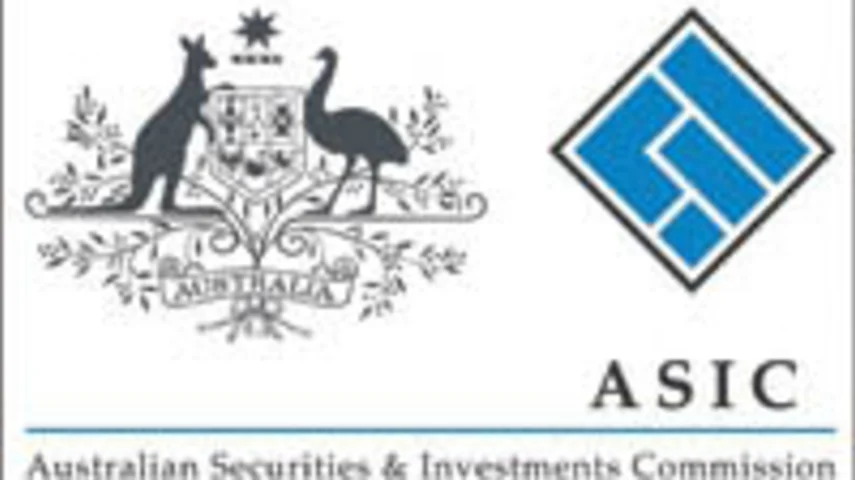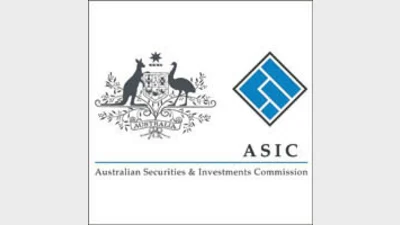ASIC funding model passes Senate



The new industry funding model for the Australian Securities and Investments Commission (ASIC), which seeks to recover the corporate regulator’s cost from entities that create the need for it, has passed through the Senate.
According to the Government, the key benefits of the new model would include:
- Improved equity, as only the entities that are regulated by ASIC and create need for regulation will bear its costs, rather than ordinary Australian taxpayers;
- Encouraging regulatory compliance, as god conduct would drive down supervisory levels;
- Improved ASIC resource allocation by providing it with richer data to better identify emerging risks; and
- Enhanced ASIC transparency and accountability through the publication of its expenditure, the necessity to explain its regulatory priorities and account for its performance.
Also, the new model would include comprehensive reviews of ASIC’s capabilities and enforcement regime ensuring ASIC had the powers and penalties to deter misconduct and boost consumer confidence.
Other measures would be the $127.2 million ASIC funding package, which would be expected to enhance data analytics and surveillance capabilities and facilitate proactive enforcement.
The additional detail on the operation of the new industry funding model would be provided shortly and ahead of the commencement of the model on 1 July.
Recommended for you
Marking off its first year of operation, Perth-based advice firm Leeuwin Wealth is now looking to strengthen its position in the WA market, targeting organic growth and a strong regional presence.
Financial services software firm Iress has unveiled a new business efficiency program with the aim of permanently lifting its profit margin as the business enters a leaner, growth-focused phase.
AUSIEX has revealed the top traded stocks for October, noting significant jumps in advised investor trading, while ETFs also reported higher activity.
The Financial Advice Association Australia has implored advisers to reevaluate their exposure to AML/CTF obligations ahead of new reforms that will expand their compliance requirements significantly.











